The Petroleum Act 1969 (as amended) grants powers to the Ministry of Petroleum, acting through the Department of Petroleum Resources (DPR) to administer the licensing of oil blocks in the country. These include Oil Prospecting Licence (OPL), Oil Mining Licence (OML) and Oil Exploration Licence (OEL), which allow the awardees, local and foreign, to explore for and develop oil and gas resources within the country. So far, there are 65 OPLs and 99 OMLs. The last round of licensing bids was conducted in 2007. Of the existing awarded oil blocks and marginal fields, the most controversial and the best knownis OPL 245, which owes its fame specifically to the allegation of a missing $1.3 billion due to the Federal Government in what is known as the Malabu oil deal.
The main actors in the Settlement Agreement involving OPL 245 continue to insist that no Federal Government money is missing, and that indeed they deserve praise for civic patriotism, for saving the Nigerian Government from embarrassment and imminent loss of money and face, due to its mismanagement of the award process in the first place. Allegations of missing money are often translated into naked truth, in this season, without due reflection, and regard for the facts of the case. This is so, in this instance, because of reports of corruption involving and surrounding the OPL 245 transactions and foreign investors – Shell and ENI, into which the courts in the home jurisdictions of those companies are inquiring. Whereas this has dominated the narrative, it is important that we go beyond the politics of name-calling, victimization, blackmail and harassment that has developed around OPL 245 and focus on the big picture.
The oil and gas industry in Nigeria is opaque; it is one of the most difficult areas of our national life. The award of exploitation and exploration licenses raises questions of transparency and accountability. Section 2 of the Petroleum Act relies on the approval of the Minister of Petroleum for a license to be awarded, and under the military, this was more or less an exclusive prerogative of the Minister of Petroleum. This is in fact why Presidents and Heads of State (Obasanjo, Buhari) hold on to the Petroleum Ministerial portfolio, and when they do not do so, they ensure that whoever is appointed to that position either as Minister or Special Adviser, or by any title whatsoever is directly answerable to them. The oil and gas sector is Nigeria’s honey pot. Whoever is awarded an oil block or marginal field is instantly a multi-billionaire, and that is why the struggle for an oil block is the most desperate struggle among Nigeria’s aspirational elite.
With the introduction of an Indigenous Exploration Policy in the 1990s, meant to ensure indigenous participation in this most strategic sector, Nigeria’s military rulers, awarded oil blocks to themselves, their friends, girlfriends and cronies. It was like another season of the oil boom and every one wanted a part of the national cake. Many of those who were given oil blocks could not even identify a Christmas tree if they ever saw one. Petty traders, hawkers, errand boys and girls and those with access to the corridors of power only needed to ask for help and that could come in the form of the gift of an oil block. Nigerians who got lucky and got such oil blocks only needed to have a foreign technical partner. This indigenization policy may have indeed been well-meaning but it created a special class of rent-collectors who lived off Nigeria. There were complaints about the ethnic extraction of those who enjoyed such privilege.
In 2002, President Olusegun Obasanjo, to moderate concerns about ethnic favouritism, and lack of transparency, introduced an open bidding and competitive process. His government also established the Nigeria Extractive Industries Transparency Initiative (NEITI), an oversight and audit agency, but despite the best intentions, oil and gas transactions remained opaque and the Obasanjo government eventually violated its own principles by resorting to discretionary awards during the 2002/2003 licensing rounds, and the adoption of a problematic policy called “forced marriages”. Forced marriages in the oil and gas sector in Nigeria have often ended in bitter divorces with collateral damages. Thus, consistently, the Nigerian government has been the author of various distortions in the oil and gas sector due to inefficiency, the politicization and personalization of national resources, and the abuse of due process.
The Malabu case provides a good illustration. Malabu, an indigenous oil and gas company, was allocated Block 245 in 1998, other local companies were also similarly allocated oil blocks, which under the Guidelines, they were required to develop in partnership with international Technical Partners. Malabu paid $2m out of the stipulated $20m at the time, and entered into a joint operation agreement with Shell Ultra Deep Limited (SNUD). The company received its operating license in April 2001 but the same license was revoked in July 2001. The Federal Government then curiously invited Exxon Mobil and Shell, Malabu’s technical partner, to bid for the same OPL 245 as contractors in partnership with the NNPC.
Shell won the bid and proceeded to begin work on the oil block. Malabu cried out that its former technical partner, Shell, had acted in bad faith, by conniving with the government to grab OPL 245 for itself. The company then petitioned the House of Representatives which directed the Federal Government to re-award Block 245 to Malabu. Malabu also went to the Federal High Court, Abuja to seek redress. The suit was struck out. Malabu headed for the Court of Appeal. While this was going on, the then Minister of State for Petroleum, Dr. Edmund Daukoru asked for settlement out of court on behalf of the Federal Government. OPL 245 had become a cause celebre.
Its association with Dan Etete, Abacha’s Minister of Petroleum, and the Federal Government’s argument that Etete awarded the oil block to himself while in office, had resulted in agitations among the people of the Niger Delta who began to ask for an audit of all oil blocks and full disclosure of the ethnic identity of their owners. The people of Odi, Etete’s home-town also protested that President Obasanjo was against the people of Odi. In 1999, President Obasanjo had been accused of ordering a military invasion of Odi following increased protest in the Niger Delta over indigenous rights to the ownership of oil resources. The people of the Niger Delta could not understand why an oil block associated with an Ijaw suddenly became the target of harassment. The delicate politics of oil block allocation was gradually being unveiled.
The Obasanjo government back-tracked and re-awarded Block 245 to Malabu but on the condition that the company would pay the new signature bonus of $210 million less the $2m it paid in 1998. Malabu paid the sum, and withdrew its case from court. But this created another problem. Shell went to arbitration at the International Centre for Settlement of Investment Disputes (ICSID) in Washington DC, and also filed a suit at the Federal High Court, Abuja. SNUD, having entered into a Production Sharing Contract (PSC) with the NNPC in 2002, had paid $1 million out of the $210 million signature bonus for OPL 245, and kept the balance of $209 million in an Escrow Account with J.P Morgan pending the resolution of the dispute over OPL 245. Shell wanted compensation and damages in excess of US$2 billion. The company further claimed that it had incurred costs de-risking the oil block.
This was yet another problem: the Federal Government received payment from two companies for the same oil block! In addition, whoever gave the approval for the de-risking of OPL 245 despite an on-going litigation that should have provided a basis for lis pendens, further complicated the situation. Every attempt to resolve the matter one way or the other failed. The possession of an oil block is a serious matter. Shell was offered another oil block; it refused. Block 245 has a total estimated value of about 9 billion barrels of crude. The Obasanjo government toyed with the idea of settlement negotiations among the feuding parties, but no concrete resolution was reached, although a Terms of Settlement Framework was eventually adopted in 2006.
This was the situation until 2010 when President Goodluck Jonathan assumed office. Malabu again petitioned the Federal Government. While taking into consideration the cost to the Federal Government of entering into litigation with Shell on one hand, and Malabu on the other, the Jonathan government resolved to enter into a Resolution Agreement with both parties, and resolve all issues amicably. Under this agreement dated April 29, 2011, Malabu resolved that it would waive all claims to OPL 245, after due compensation by the Federal Government. Shell also agreed to withdraw all suits against the Federal Government and to pay, through the Federal Government, the sum of $1.092 billion as full and final settlement of Malabu in relation to its claims on Block 245. Automatically, Block 245 would in that case revert to Shell and the Italian oil company, ENI, Shell’s new partner. In June 2013, the matter was amicably resolved on these terms. Presidential approval was then given to the effect that Malabu Oil and Gas should be paid the sum of $1.092 billion from the Federal Government’s Escrow Account with J.P. Morgan.
In every instance in this case, the Federal Government under President Jonathan acted solely as a mediator – trust between Malabu and Shell having broken down- and as an obligor seeking to resolve the crisis arising from the collection of money by a previous government from two parties for the same oil block. It is important to note that the said $1.092 billion has not even been paid in full to Malabu Oil and Gas, for whereas the Federal Government of Nigeria had given approval that the money be paid, other parties suddenly showed up to make claims on the money: Energy Venture Partners Limited (a British Virgin Island Company), International Legal Consulting (a Russian Company), Pecos Energy Limited and Mohammed Sani. In the event of these developments, Malabu ended up getting a sum of US$801.540 million and an additional US$75 million while a sum of $215 million is retained with the High Court of England pending the determination of proceedings against Malabu in the UK.
The Malabu/Shell crisis has spanned the lives of four administrations: Abacha, Obasanjo, Yar’Adua, Jonathan. The Jonathan administration helped to resolve a lingering crisis and saved the Federal Government of Nigeria from the risk of liability. If the allocation of oil blocks had not been politicized and personalized in the first place, the crisis would not have occurred. This year, the Buhari government is said to be proposing another round of oil blocks licensing; this should provide an opportunity for a rigorous review of the licensing process.
No company should be pre-qualified or favoured; the process must be truly open and competitive. Companies that are unknown to the oil and gas industry and with doubtful capacity should be barred from the process. No license that has been held for up to 20 years should be renewed and no person must be allowed to have multiple licenses either as principal partner or investor. All allocated blocks that have been left unexplored should be withdrawn and re-awarded. The Department of Petroleum Resources should publish a full list of all blocks awarded so far- offshore, deep water, shallow waters and onshore- indicating who owns them- local or foreign. The people have a right to know and all things taken together, the power to allocate oil exploration should licences should not be vested in a person.
This far-reaching reform is important again because it may be contradictory to promote indigenous participation and local content in the oil and gas sector, and at the same time, persecute select beneficiaries on the grounds that a previous government granted them an undue advantage whereas this seems to be the general pattern. Moral questions may be raised about abuse of office or undue influence, but the government that does so must be seen to be fair, just and equitable in doing so, otherwise it would project itself as selective and vindictive. We need to create a template for fairness.
Where the Federal Government can prove cases of bribery, it is up to it to prove its case, and the onus is further on it to prove if indeed the Federal Government has in any way lost any penny belonging to it in the Malabu case. But other OPLs and OMLs must also be investigated. If there are concrete, irrefutable facts, the state should make them available in the public interest. As James Comey argues forcefully in his 2018 memoir: A Higher Loyalty – Truth, Lies and Leadership, the greatest form of corruption, dishonesty and assault on democracy is when a government and its officials resort to truth-avoidance and the politics of expediency. In such a strategic sector as oil and gas, this would be rather too costly in the long run.








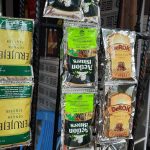


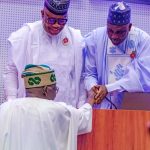
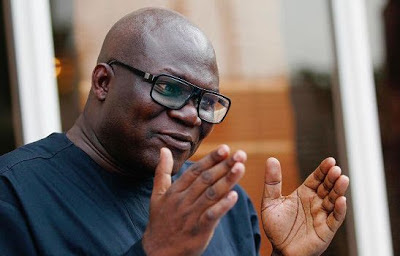








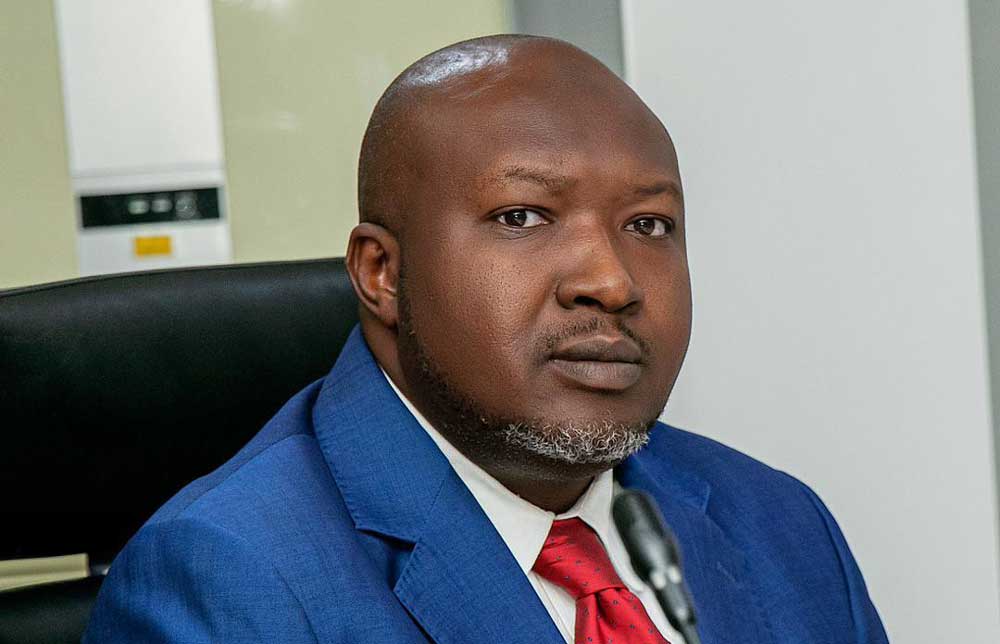
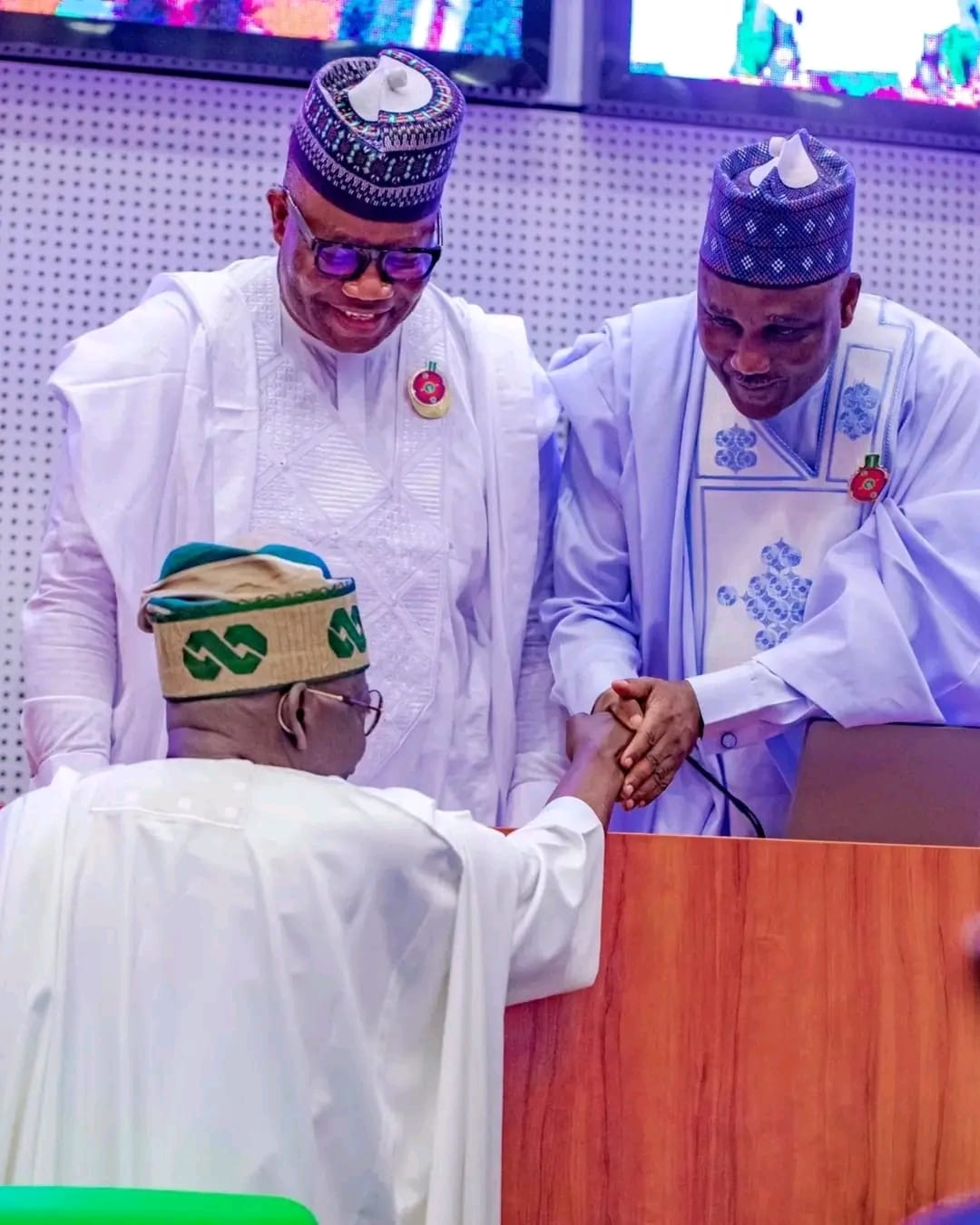

Leave a comment